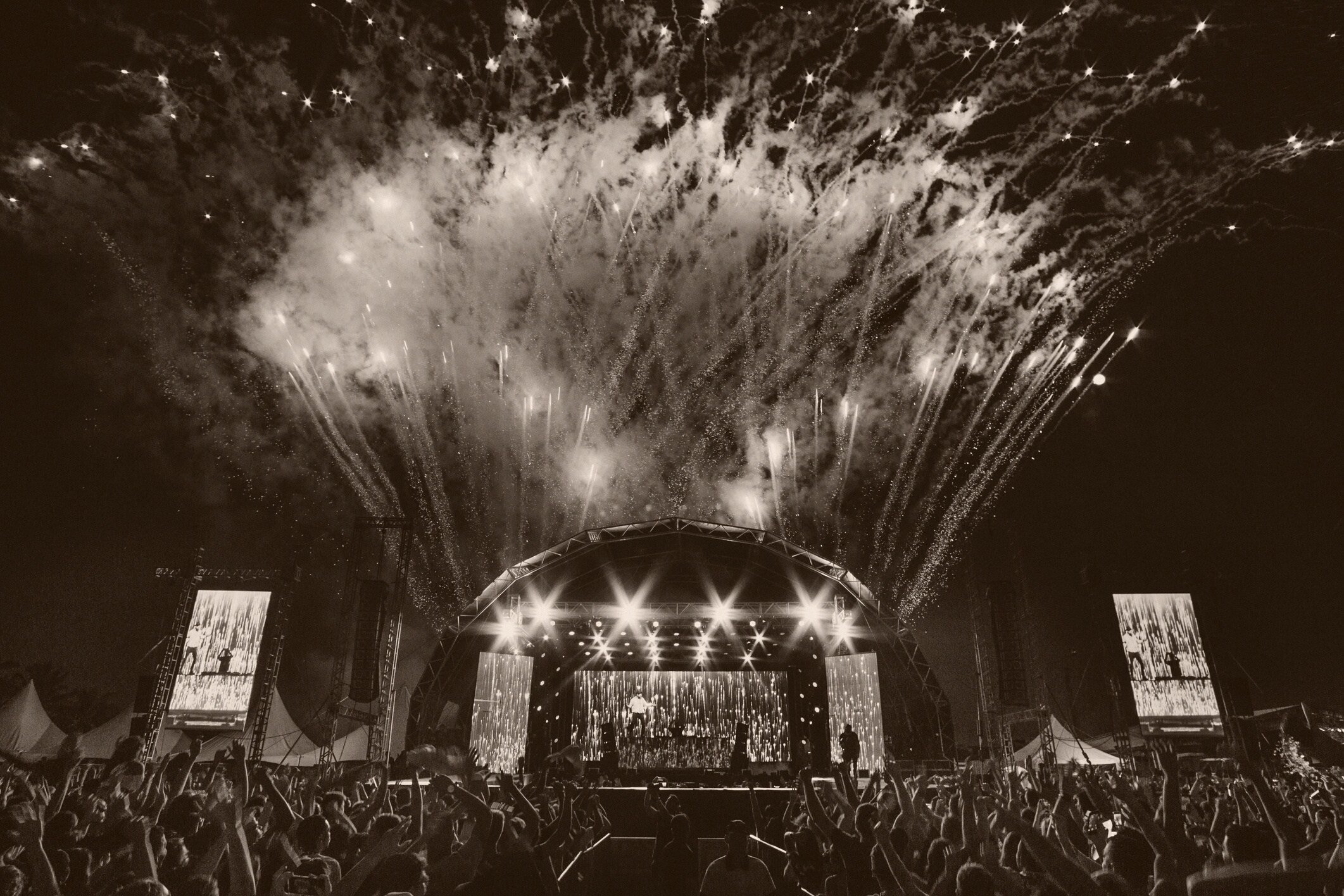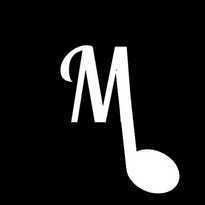
Macbet
Your go to company for entertainment
Macbet
P.O. Box 7989
2358 alessandro
Moreno Valley ca 92552
email herb@macbetinc.com
office (310) 684-3172
office (877) 461-6711
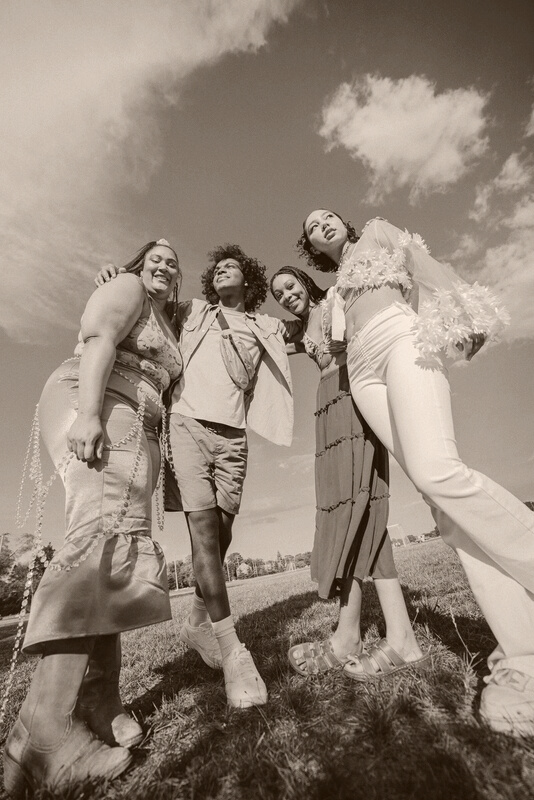
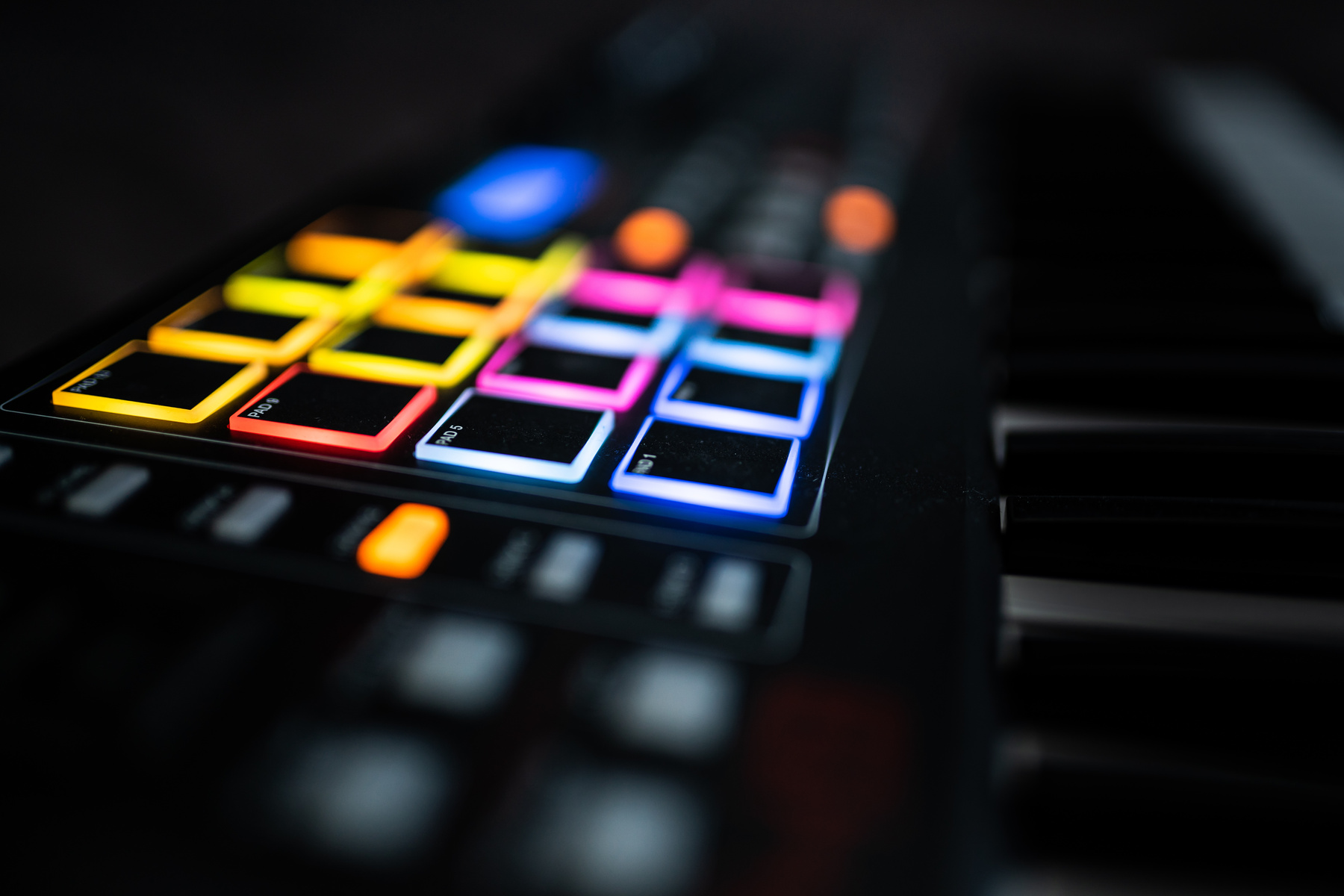

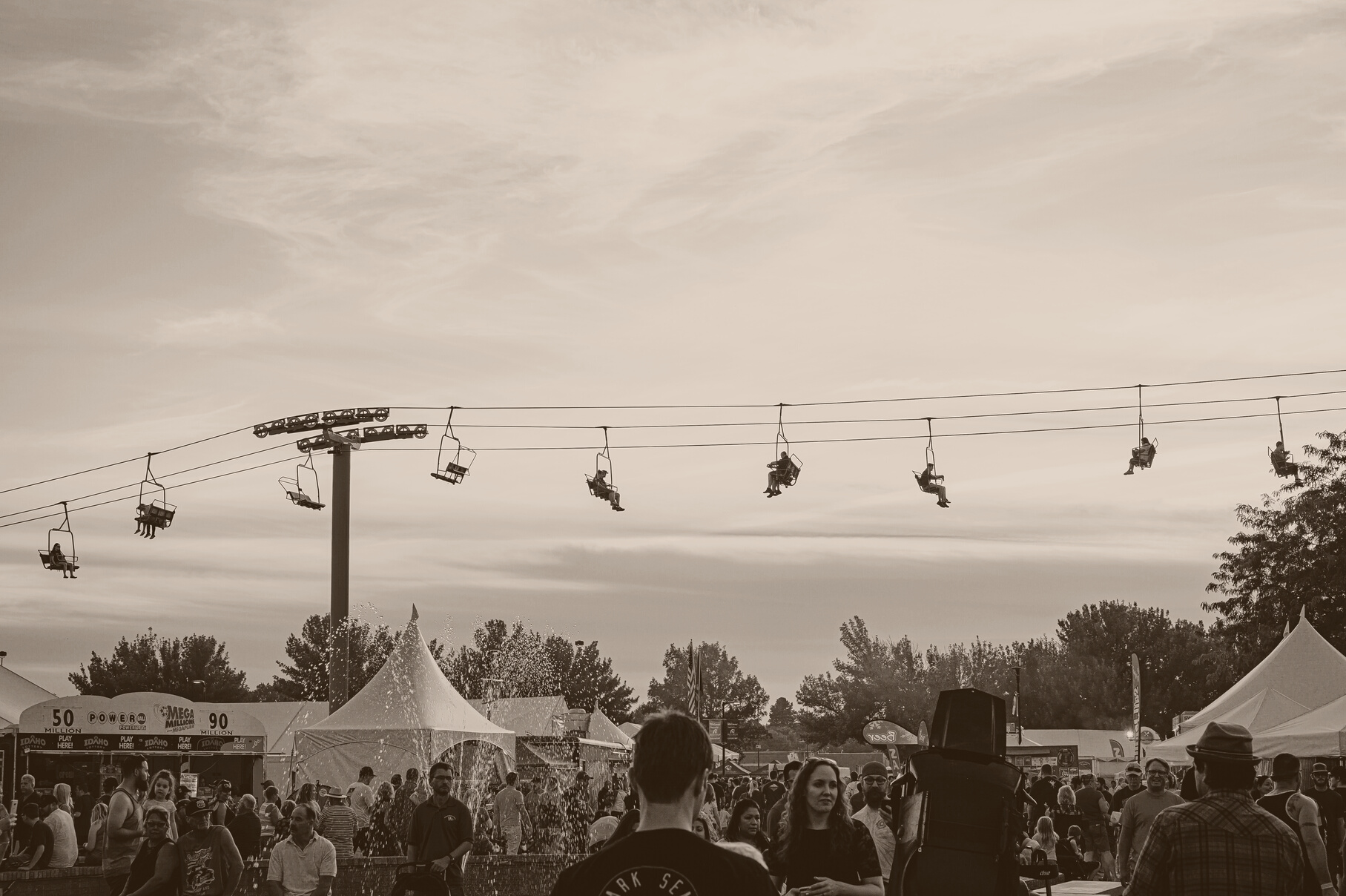
Macbet is an professional entertainment entity that distributes, promotes, produces, records, writes and scores in every genre
Macbet Catalog
Macbet Catalog Page
Advance Ticket Sales
Music Production
inclusive of booking fee and local taxes
Production
packages
Music recording
FIlm Scoring
Production packages
from $69,761 to $91,773
Music Distribution
Spotify, Apple Music, iTunes, TikTok/Resso/Luna, YouTube Music, Amazon, Pandora, Deezer, Tidal, Napster, iHeartRadio, ClaroMusica, Saavn, Anghami, KKBox, MediaNet, Instagram/Facebook, Tencent, NetEase, Boomplay, Boomplay, Qobuz, Joox, Kuack Media, Adaptr, Flo
*demo recordings
from $500 to $1200
Supported by
Principal founders:
MCMULLEN ENTERPRIZES
MACBETLAP
Music Hall
NOSOUND STUDIO
CCI
studio
guitar centar
SMOOTHJAZZ.COM
LAUSD

Azeya
Production
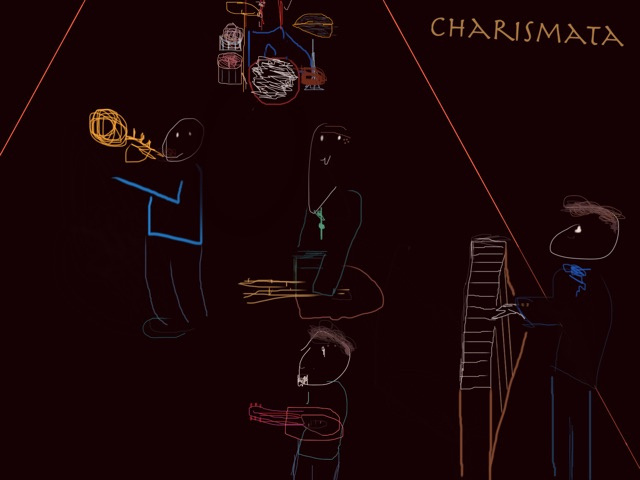
Location
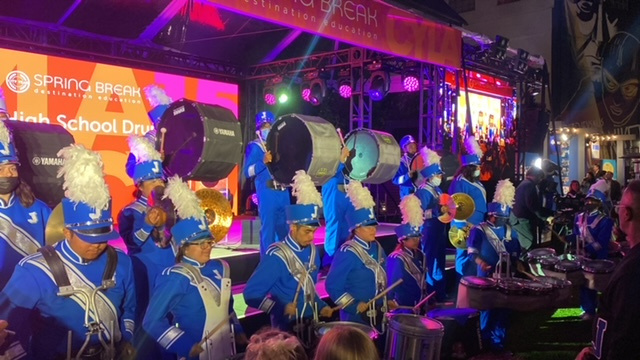
Feature Stage - Open Area A
Main Stage - Open Area B
North Fortberry National Park
Location is accessible and step-free.
macbet Products
Dates
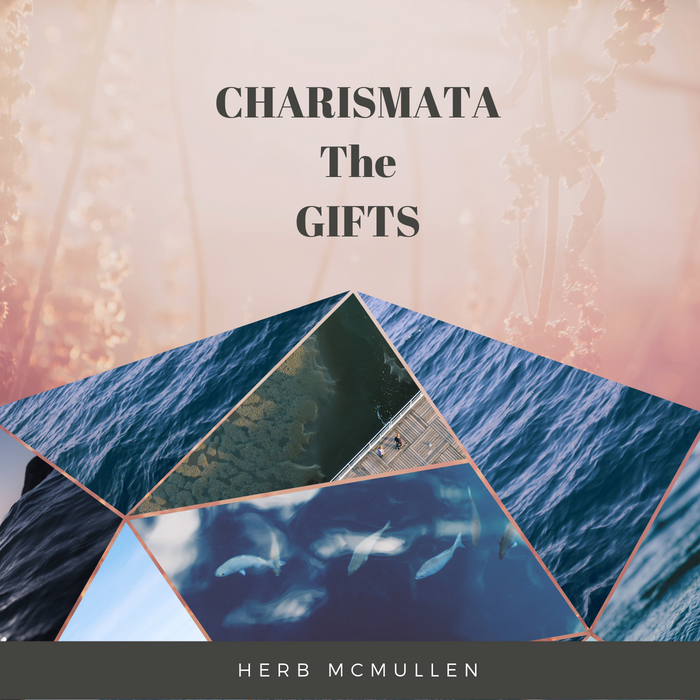

Time
July 7 to July 9,
Friday to Sunday
Gates open at 5:00 pm
Performances from
6:00 pm to 11:00 pm
About our PLAYLIST
in Spotify
1. Macbet Gospel Long Play
2. Macbet Smooth Jazz
2021
3. MACBET R&B/HIP HOP
There is a veteran group
and brand in Southern Cali
CHARISMATA
THE GIFTS

- Smooth Jazz and traditional Jazz bump heads in “Charismata The Gifts.
In a time of civil unrest at the southern borders, educational unrest in the school systems, and political unrest in the government, Charismata has created a sound to comfort the hearts and minds of all generations. This album is infused with traditional, fusion, funk, and easy listening to appeal to a broader audience. Herb McMullen, the head producer/CEO of Macbet Records, has produced many independent projects in various genres, such as R&B, Rap, Gospel, Jazz, and Classical but prides himself in the production of this new Smooth Jazz Classic.
Catchy melody lines with well-thought-out arrangements determine the unique character of this project. Each song takes the listener on a musical journey flowing with improvisations anchored by the relentless, pulsating, hypnotic undercurrent. The bass and drums emanate rhythms from various genres of funk, salsa, R&B, and fusion. The overriding melodies and counter motifs complement this current of masterful turbulence.
The Charismata’s sound was born in 1995 as many of these same musicians were instrumental in playing on various indie albums such as
Sharon Harris, Adam Labaud, Carpe Diem, The Greatest Challenge, and many more. After all of these years, Herb McMullen has decided to get the nucleus of these players and celebrate their musical gifts in the land of instrumentation. Macbet Records has gotten a lot of regional, national, and international recognition in the United Kingdom, Japan, and Australia. Its main goal has always been to make this world a better place by sharing music in various genres.
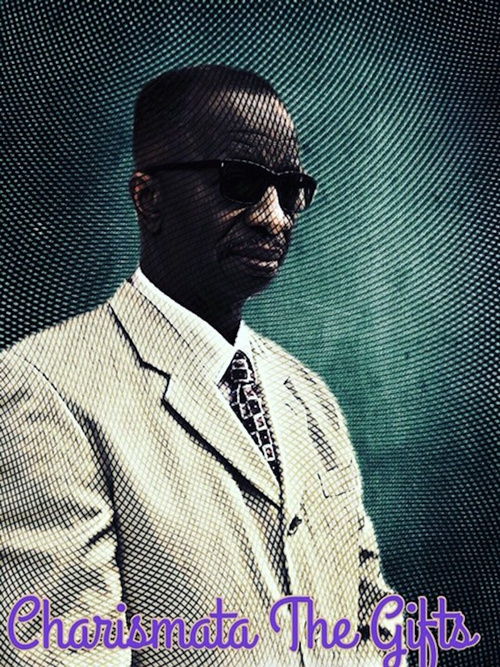
This expression is Smooth Jazz with a twist of funk, fusion, and easy listening. The title cut Charismata is a moderate ballade featuring a mysterious melodic duet, answered by a haunting counterpoint. These unusual shades of color are presented as a duet by the sax and guitar. With such clarity of purpose and design, the tonal shadings of the production immediately capture the listener. The chorus is answered by another shade of purpose when introducing an acoustic guitar solo played by Phil Burno. His intriguing performance is one of delightful melancholy and surprises the listeners before returning to the central theme. In a moment of sheer ingenious a micro development section is briefly introduced by a solo acoustic piano played by Herb McMullen. Phil Burno and J. Boykin reintroduce the central theme on sax and guitar. The sax solo hauntingly answers a four-note refrain as the opening theme mysteriously closes out this piece.
Unlike most ballads, the bass line is a virtuoso voice played by John Haynes, complementing the chorded structure. He maintains the freedom to paint on the low register skillfully. His masterful expression stretches the limits of a supporting instrument and captures moments of improvisation. He gives the bass a solidified voice in the realm of the basso jurisdiction. Charismata, the title cut, is merely a micro sneak peek of what to expect in this awakening of complex simplicity. It is purposely designed to prepare the listener for a musical journey. Its simplistic presentation is naturally hypnotic and whets your appetite. Charismata calms your spirit, quenches the soul, and soothes your emotions.
The entire Charismata project has extreme versatility and virtuoso improvisation that sets it in between Smooth Jazz and Tradition Jazz. It’s smooth in production but traditional in delivery. Charismata grabs the typical listener yet addresses the mature player also.
In the second piece entitled The Covering J. Boykins pulls out the Cannon Ball Sax and improvises an eight-bar introduction over a hypnotic funky drum beat. A sensuous rhetorical bass line drops with shades of keyboard joining this journey of warm sizzling progression. Overlying sustained strings present create a tangible ambiance of expression. Darrell Alexander delivers the mystical undercurrent on drums. His drum pattern can be described as regimented syncopation. It disguises itself as a common calypso but transforms into a funk.
The alternating bridge sections baffle the listener with a deliberately structured, melodious acoustic guitar played by Phil Burno. These eight-bar alternating sections serve as a perfect complement to the central groove. After alternating twice, the last groove turns into the ultimate call and response between the sax and the acoustic guitar. Here the soloists paint endless pictures of improvisation throughout the remaining vamp. While this intriguing musical conversation concludes, the strings and keyboards answer each other’s in unparallel dissonance, enhancing the mysterious closing for the piece.
Charismata, The Gifts, is a project that is exactly what it suggests. The musical gifts are on display to bring joy, excitement, warmth, and emotional jubilance. The third piece, entitled Flourish, is highly energetic. Unlike typical songs, it starts with a bridge intro that builds up to the central theme by a motive idée that lets the listener know the main event is underway. Now that the stage is set, the guitar and sax project a lyrically infused melody. This upfront, catchy method immediately generates overwhelming interest. It is technically demanding but easy enough to whistle while walking down the street. Complicated simplicity is totally on display thorough out this piece. It ingeniously possesses two supporting bridge themes, one led by a bell sound in which the sax and guitar answer the theme. In the second turnaround theme, the guitar and sax join in unison before returning to the motive idée to start the second verse. The third verse enhances the melody by breaking the unison melody into thirds before entering the closing vamp. Closing this song out turns into a tag team between the keyboard, guitar, and sax while a relentless undercurrent of funk solidifies the vamp. The most potent force throughout the song is the relentless funk driving the entire song from beginning to end.
The fourth selection is a blast from the past in that they reach into a bag of jazz classics and pull out My Funny Valentine. Borrowing from the in-your-face improvisation of The Covering, it starts with a piano solo by Herb McMullen mixing a pot of melodies. The groove is captivating because of the beat. With the bottom on lock, the alternating turnarounds are unpredictable. This eight-bar intro is abruptly interrupted with the verse played on the rich lower register. Its captivating initiative grabs the listeners but keeps the underlying funk without missing a beat. After the first verse concludes, the opening groove is reintroduced. Unlike the first verse, the second is taken up an octave. Again the ingenious method of complicated simplicity adds color, shading, and progress at its finest. Before this piece is over, an extension of the alternating vamps becomes a sixteen-bar piano solo that takes the piece to a particular place before it’s faded out.
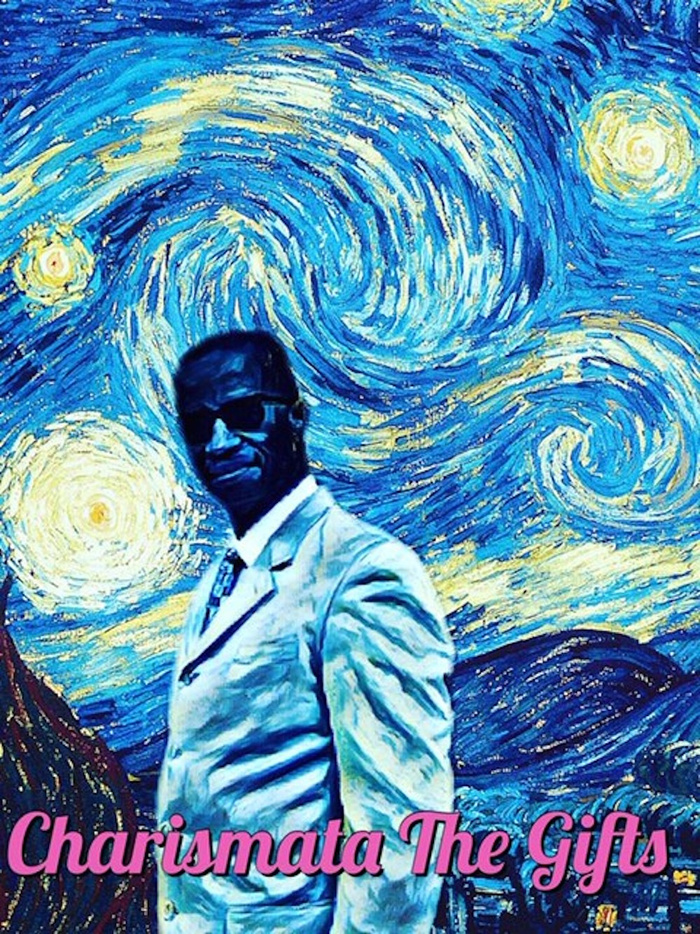
The fifth song is Take It By Force.
Its intro suggests an African vibe, but it quickly shifts into another gear. This is a spacey-sounding Samba featuring the world-renowned Noland Shaheed on trumpet. It is deliberately simplistic in nature. The alternating bridges complement the melody causing a suspenseful illusion of cosmic space. The triplet figure Noland incorporates in the melodic structure sounds Latin but lends itself to many genres.
The brief alternating bridges present smooth elements of surprise. A collision of smooth and real jazz is emphasized again. Nolan improvises a majestic trumpet solo before returning to the main theme. Cornelius Mims on Bass and Darryl Alexander on drums provide the undercurrent of rhythm. The bottom is locked into a subtle but direct driving pulsation of pleasure.

The sixth song, Backside of LA, takes the entire project into another place. Phil Burno’s virtuosity on electric guitar personifies the art of playing from the soul. His choice of duration and superb melodic development is captivating and stimulating. It’s what we call jazz-fusion when you merge Rock, Blues, and Jazz.
The key to this song is the melodic sequence incorporated in the chorus. It pronounces a melody and then answers the motif. The third line of the chorus cleverly suggests a type of theme and variation.
Song seven is entitled Fellowship and visits a more reserved, smooth jazz tradition. It starts with a smooth eight-bar solo featuring David Taylor on soprano sax. An undercurrent of alternating turnarounds supports this opening groove. It whets the listener's appetite like horderves before introducing the main melody. The opening groove and atmosphere is reminiscent of a Sunday afternoon drive. It is a time of relaxation, exuberance, and total bliss.
This carpet ride of luxurious sounds suddenly takes the listener on a journey of peace, warmth, and goodness. Armed with the aroma of goodwill, it carries the listener to a majestic place of serenity. As sections A and B alternate, the third section surprises the listener with an acoustic piano solo that changes the shading but progresses the journey back to a familiar place. The last vamp is an extension of the opening vamp but opens up numerous avenues of improvisations by David Taylor on soprano sax.
Song number eight, Unfinished Business, is a throwback to the eighties jazz fusion. The syncopated bottom produced by Cornelius Mims on Bass and Darryl Alexander locks directly with the electric keyboard. Nolan Shaheed provides the melody on trumpet. It is a simplistic line that one could whistle, but the endings of each melody alternate and slightly change color. The bridge sections sound like a Barry White full orchestra arrangement while Nolan improvises on top of it.
Darryl switches the drum beat into an old seventies James Brown style that fits smoothly into that being played as a blast from the past. The third verse turns into a shoot-out at the old corral with Herb McMullen on Synthesizer and Phil Burno on electric guitar. The two instruments have an improvisational conversation. The ending turnaround turns into a barnburner of melodic delight.

Song number eight, Unfinished Business, is a throwback to the eighties jazz fusion. The syncopated bottom produced by Cornelius Mims on Bass and Darryl Alexander locks directly with the electric keyboard. Nolan Shaheed provides the melody on trumpet. It is a simplistic line that one could whistle, but the endings of each melody alternate and slightly change color. The bridge sections sound like a Barry White full orchestra arrangement while Nolan improvises on top of it.
Darryl switches the drum beat into an old seventies James Brown style that fits smoothly into that being played as a blast from the past. The third verse turns into a shoot-out at the old corral with Herb McMullen on Synthesizer and Phil Burno on electric guitar. The two instruments have an improvisational conversation. The ending turnaround turns into a barnburner of melodic delight.
Song number eight is entitled Lou Lou’s Bossa Nova. It was also written in a throwback fashion, with simplicity being the model. This entire song was built off of an ascending five-note melody. It has alternating descending chromatic progressions that add to its tonal shade as it continues back to a place of familiarity.
The song is an acoustic piano solo by Herb McMullen performed in the great Lonnie Listen Smith style. The closing progression touches on the methods of the great Theolonius Monk by going in and outside the key as the song fades into a serenity of bliss.
Song number nine, Africa Is Calling, is a funky calypso piece. It starts with a funk groove of alternating rhythm guitar parts by Rick Ward. This undercurrent of funk hits you directly in the heart. Reynard Clark embellishes the pocket on Bass as Darryl Alexander doubles down on drums. They set the stage for Jeff Green’s sax line that fits like a hand in a glove.
The bridges alternate with the central theme as Jeff Green takes this song into a jazzy funk solo. This is an in-your-face fun song that’s danceable, clubbable, and funkable. The groove is so potent that it makes soloing easy and least demanding. This piece goes out with a laid-back solo by Herb McMullen as it fades away.
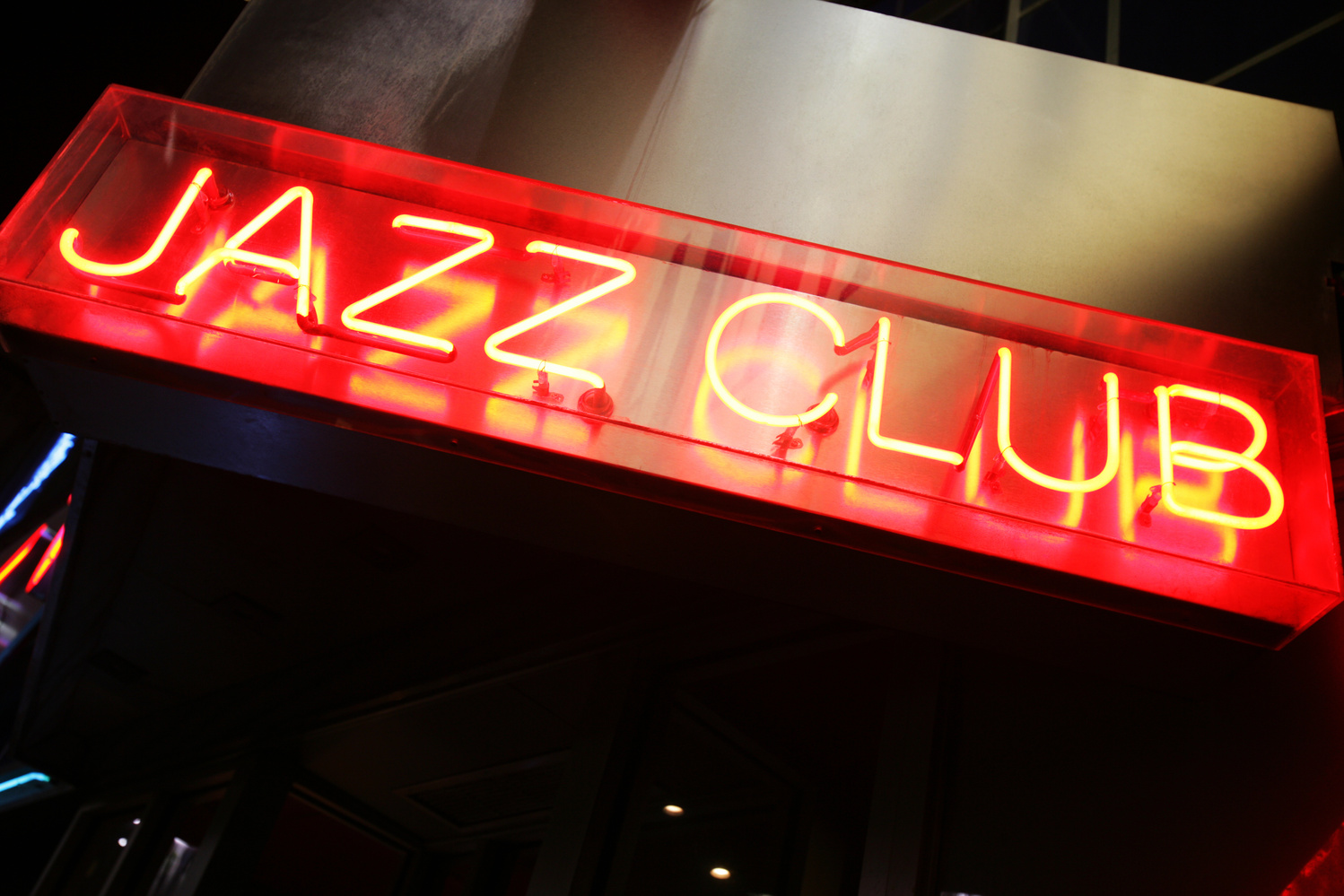
Song number eleven is the electric slide club banger entitled The Jazz Groove. It’s your all-purpose music, dance, exercise, or clap your hand's jam. It was written as an extended play-free and open piece to allow musicians to stretch out and have fun.
Reynard Clark and Darrell Alexander leave no mercy, as the bottom is a rump-shaking phenomenon. This is to let your hair down, music, and go for what you know. It has two P-funk bridges filled in by Jeff Green's solo on Sax. Jeff captures the soulful funk solo that’s not too much and just enough to ride the groove back to the central groove.
Two legendary players play the main solo lines from Word, Blood N Power, who set the stage for the song. All the secondary lines answer in responding and weaving their way throughout this piece.
The third bridge takes on a wholly different character with an eclectic Hammond B3 church organ solo on top of jazz progressions played by Herb McMullen. Just when you think you have reached the height of the song Rick Ward puts the exclamation point with a heroic rock solo that elevates the sound to an astounding and final climax.
After the explosion in song eleven, song twelve mellows you back down to the most traditional easy listening piece on the entire album. Girl From Impanema a classic played on acoustic guitar by Phil Burno. It is delightful, tasteful, and witty as Phil masterfully plays his rendition of this great classic. The arrangement stays in the whelm of its original state and allows Phil to expand it to new heights on the closing vamp.
Song number thirteen is Distant Train, written by Phil Burno in seven four meters. This song is a masterpiece in construction. He has taken an odd meter and turned it into a groove, which is a challenging task in itself. It opens up with building melodic structures that duplicate it. The secondary melodic phrases answer in variations of themselves. Phil Burno again takes on the virtuosity of a violinist as he becomes one with the electric guitar. Even more impressive is the groove set by the remarkable Fred Dinkens. He is totally in a class by himself in complementing and taking this jazz fusion classic to the next level.
- Charismata the Gifts
Is available
On
iTunes, Google Play, Amazon, Spottily
All major digital stores
